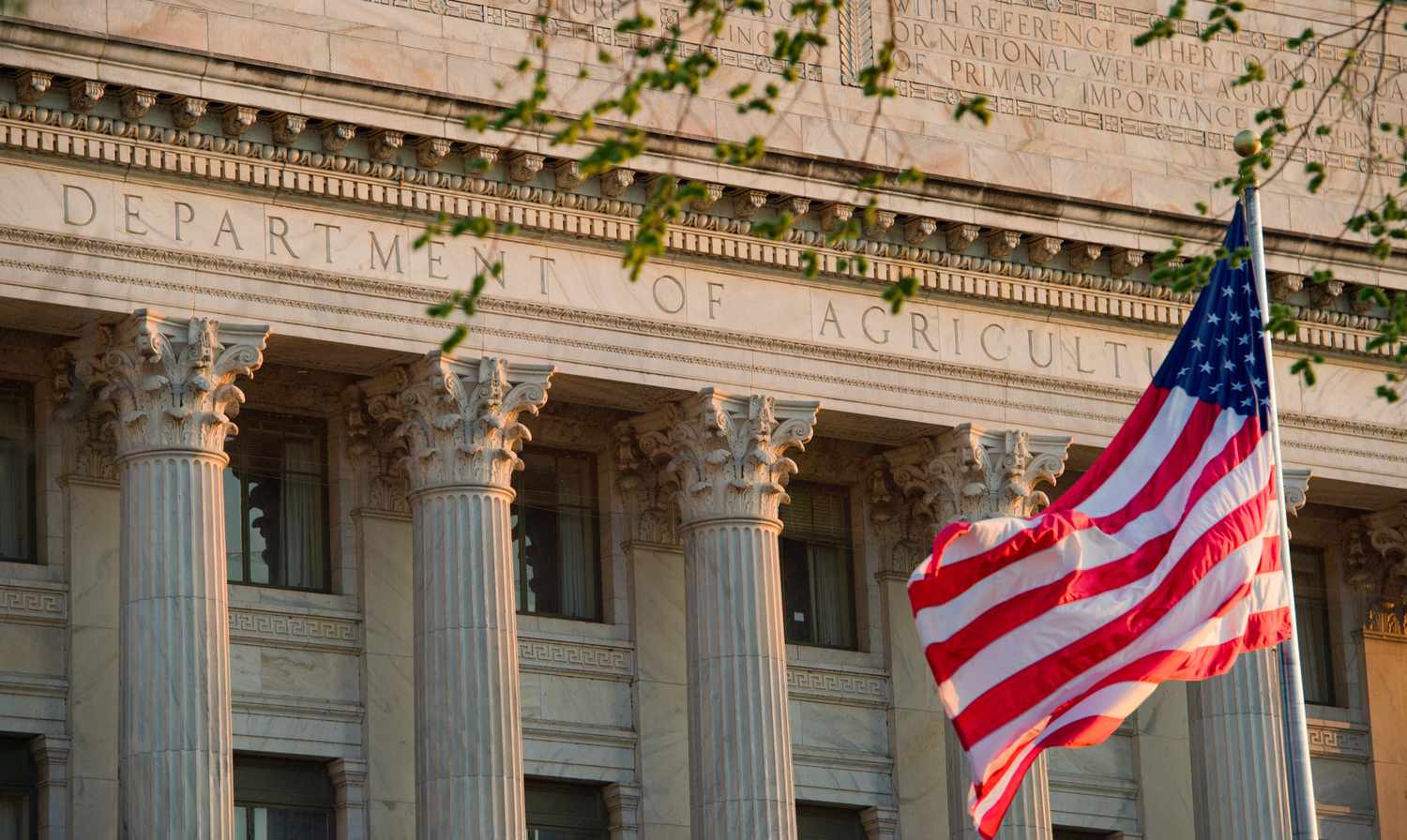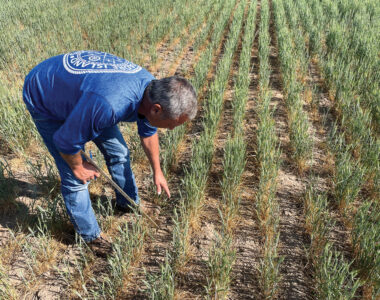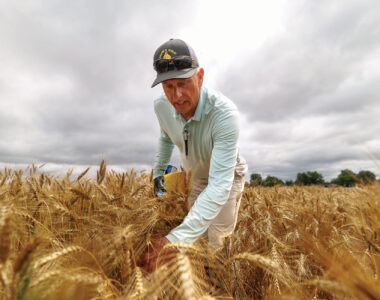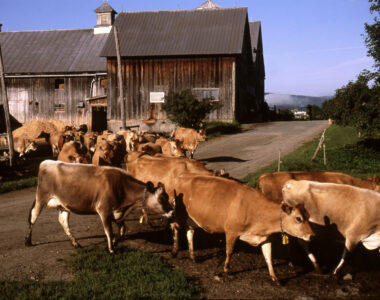
On June 10, 2025, the U.S. Senate confirmed Stephen Vaden as the new deputy secretary of agriculture, placing him in one of the most influential roles at the U.S. Department of Agriculture (USDA). Vaden’s appointment comes at a critical time for U.S. farmers, as the department faces mounting pressure to strengthen rural economies, address supply chain challenges, and modernize agricultural policy.
Who Is Stephen Vaden?
Stephen Vaden brings both legal and agricultural experience to the role. Raised on a family farm in Tennessee, he understands firsthand the realities of farming in the U.S. After earning a law degree from Yale, Vaden served as General Counsel at USDA from 2018 to 2020 and later became a judge on the U.S. Court of International Trade.
His return to USDA as the new deputy secretary of agriculture signals a push toward stability and experience within the department’s leadership.
Why the Role Matters
The new deputy secretary of agriculture serves as the second-in-command at USDA and plays a key role in executing national agricultural policies. From overseeing program implementation to managing internal operations, the position carries significant influence over how the department supports farmers and rural communities.
With a background in agricultural law and trade, Vaden is expected to help guide the department through complex legal and economic challenges, especially those affecting market access and producer profitability.
Industry Response
Major farm groups welcomed the appointment. The American Farm Bureau Federation and the National Cattlemen’s Beef Association both issued statements supporting Vaden’s confirmation, pointing to his blend of legal knowledge and real-world farm experience.
Brooke Rollins, the current Secretary of Agriculture, called Vaden’s confirmation a win for producers, saying the new deputy secretary of agriculture will help drive initiatives focused on reducing regulatory burdens and expanding access to USDA resources.
What’s Next
In the months ahead, Vaden will help shape USDA strategy on key priorities like trade policy, rural broadband, disaster assistance, and climate adaptation. His leadership as the new deputy secretary of agriculture will likely play a pivotal role in ensuring the department remains responsive to farmers’ needs while navigating federal policy shifts.
As agriculture continues to evolve, experienced leadership like Vaden’s will be critical in advancing practical solutions and protecting the future of rural America.
Related Blog: USDA Denies FSA Office Closures Amid Budget Cuts
American Farm Bureau Federation – Statement on Vaden Appointment



